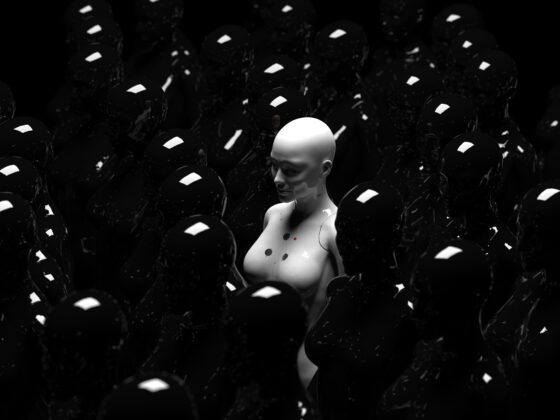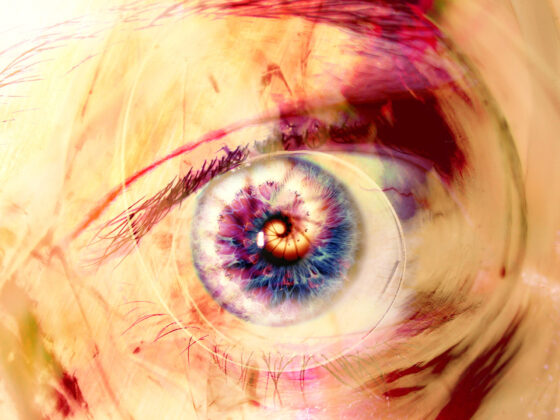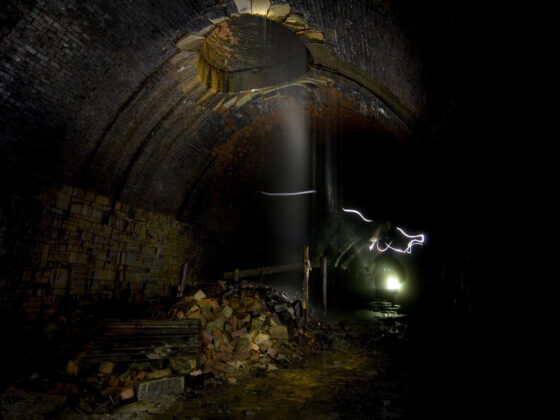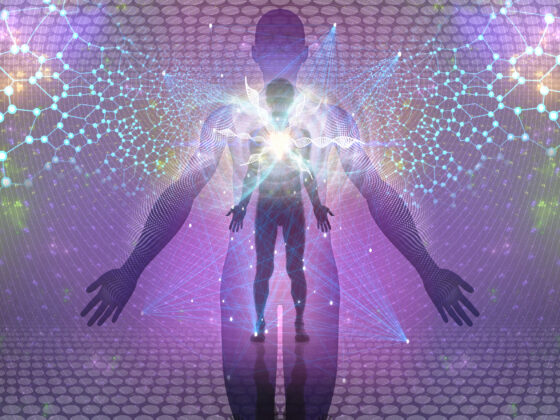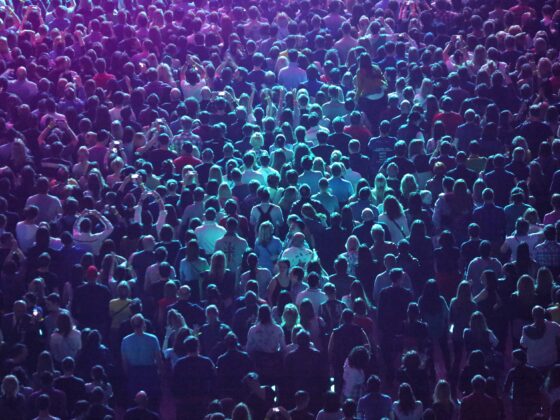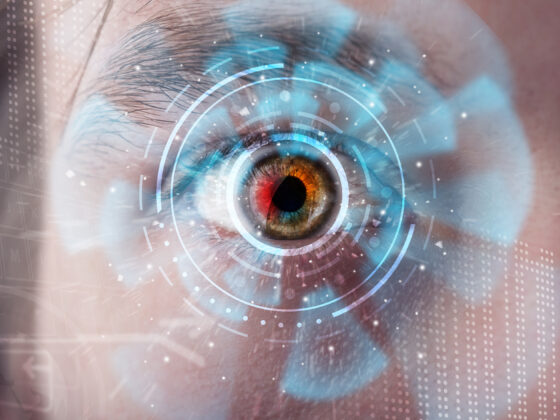Technical sophistication and complexity increases your vulnerability in the wild.
There is a lot coming at us very fast. There is no shortage of online and offline strategies that flag our alarmist systems internally, externally. Sometimes they are news alerts. Sometimes they are just ways to ensnare our attention span. Everything is burning. Everything seems to be on fire sometimes. Even on a Friday. Even when Christmas is coming. Even when no money is coming in. Even when things are looking up. Even when your friends cast perspective through a glass darkly.
The truth is we are hard wired to eradicate threats before we can relax and attend to our basic needs and survival. When humans assembled themselves in smaller villages, living close to fields and growing their own food they appointed sentinels to watch for the threats to their community so they could function. Some people were better at being sentinels than they were say at chopping wood, blacksmithing or farming. There were also more critical times when sentinels were more relevant: times of war, times of adverse weather, times of existential crisis.
At the moment we have systems that seem to be manufacturing alarms over certain things that are not crisis-worthy. Our overextended attention burns down quickly. We find we don’t have reserves to produce enough for what we actually might need, much less an authentic in-the-wild crisis. That is the cost of integrating always-on technologies when they are not inside of your body or attached to the subtle sensory networks of your brain and neurology.
The push to integrate highly invasive biotech into our bloodstreams, brains and appendages appears to be the mark of inheriting the future. The problem is the more sophisticated our tech is, the more vulnerable we become when we rely upon it for survival.
OUTER SPACE
Aerospace, advanced technologies and transhumanism are siblings for a reason. These are the systems people are going to rely on for survival in exclusively artificial environments.
Let’s look at space. In space there can be no mistakes, no messes and no scenario where things you need to survive can break without a very hard lesson costing injury or your life. You can lose oxygen, lose your ability to see, or lose your mind being cooped up in a cabin with no way out. If a fast-moving piece of space junk punctures your suit, you lose pressure. The decompression can kill you in minutes. If you lose your footing on the outside of a spacecraft and get too far away on your space umbilical cord, it could snap. Then you’re hurtling in orbit, frying in the radiation field until you are either rescued or you expire. There is no in-between.
INNER SPACE
Similarly, your inner space, a very delicate system of saline, blood and neurological impulses are further complicated and become stressed in new ways the more we integrate externally formed technologies. The more internal systems we adopt the more our systems have to compensate in new ways for these invasive systems. The new hardware can break. The systems can fail. It manufactures a necessity of nearness and dependency bearing on wireless systems, to hospitals, to the furtherance of technical reliance in perpetuity.
THE WILD
The human race is a perfected technology. Our biological systems are resilient. No matter how technologists insult the capacity of the human form it far exceeds the brilliance of any of their narcissistic creations. The body will function optimally when we take careful care of ourselves.
No human being is born with a microchip processor or DNA reconfiguration tech in harbor. If you know better, please write to us!
When we are assisted by technology it may be a boon. It can also create more burden in a system that could inhibit resilience and recovery. Especially if you are dependent on it. If you are far from home, in a rural or wilderness environment where there is no technical help, you are really in trouble. If you get too wet, too cold, too hot or overexposed to the elements, these internal systems are more failure prone over time than your inherited body technology that came from your mother.
TRANSHUMAN VULNS
The more technology you adopt, the more dependent you become on technology as a social-environmental survival factor. The more independence from these systems you exercise, the more independent you will be from any biological dependence on them to survive. The claim transhumanists are “better humans” is a theoretical editorial ideology. It is an unproven claim, at best and a subjective opinion, at worst.
For example, if your home external systems cannot survive a technical shock, like an electrical outage or a power surge, your biotech may not necessarily work if its’ circuits are fried by a common electroshock. This news may come hard to arrogant RFID microchip bearers, who think they are better than God, better than you and that you should worship them for technical prowess.
However, facts are sometimes hard to face. In the wild, they will be liabilities. They will be selfish, infantile wired dependents. Dependents who will tend to make tiresome demands on their stronger, more independent non-wired counterparts. May God grant us the character to not abandon the proud in their reduced dependent state.
Those who are grounded in essentialism and aware of their mortality will not adopt tech that decreases their independence and limits their survival range to modern wireless equipment. Be humble. Live long.



